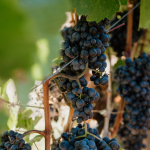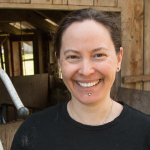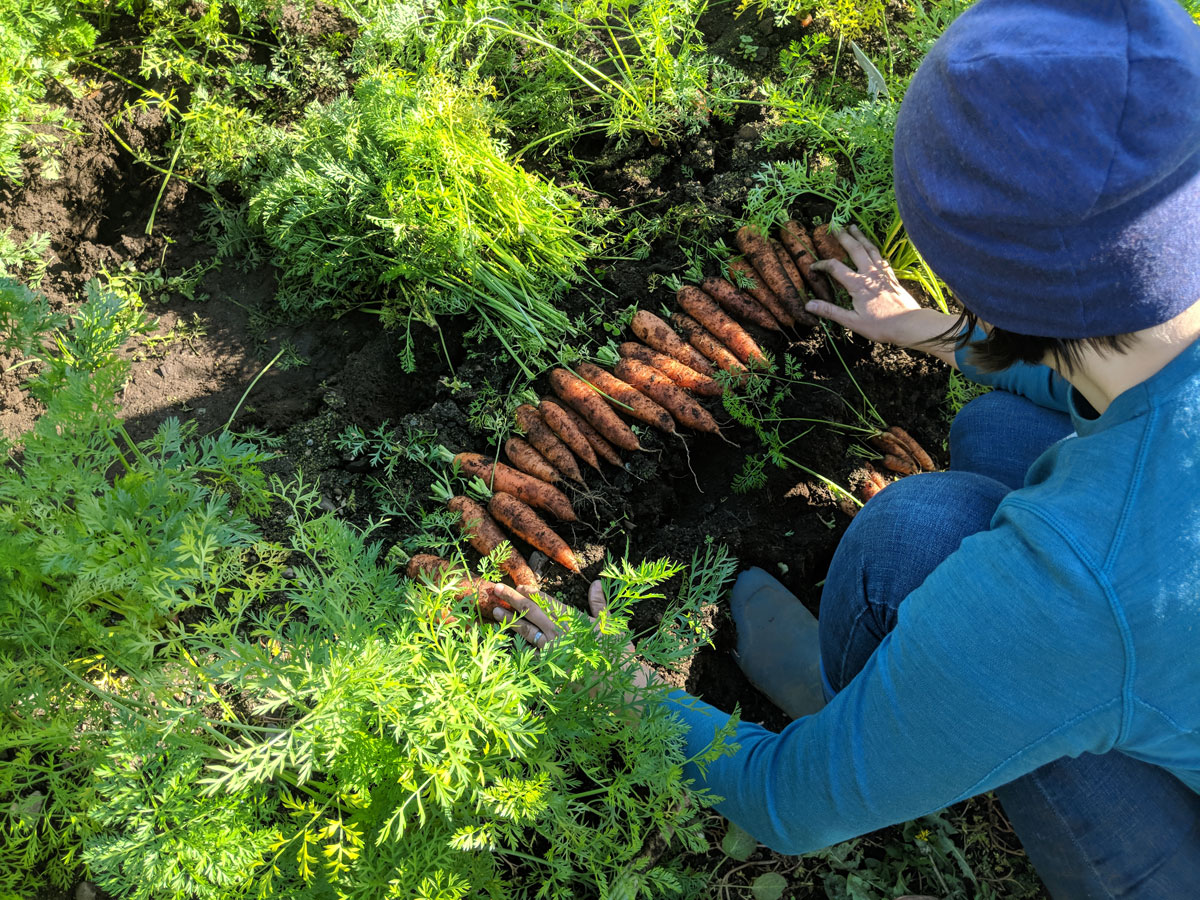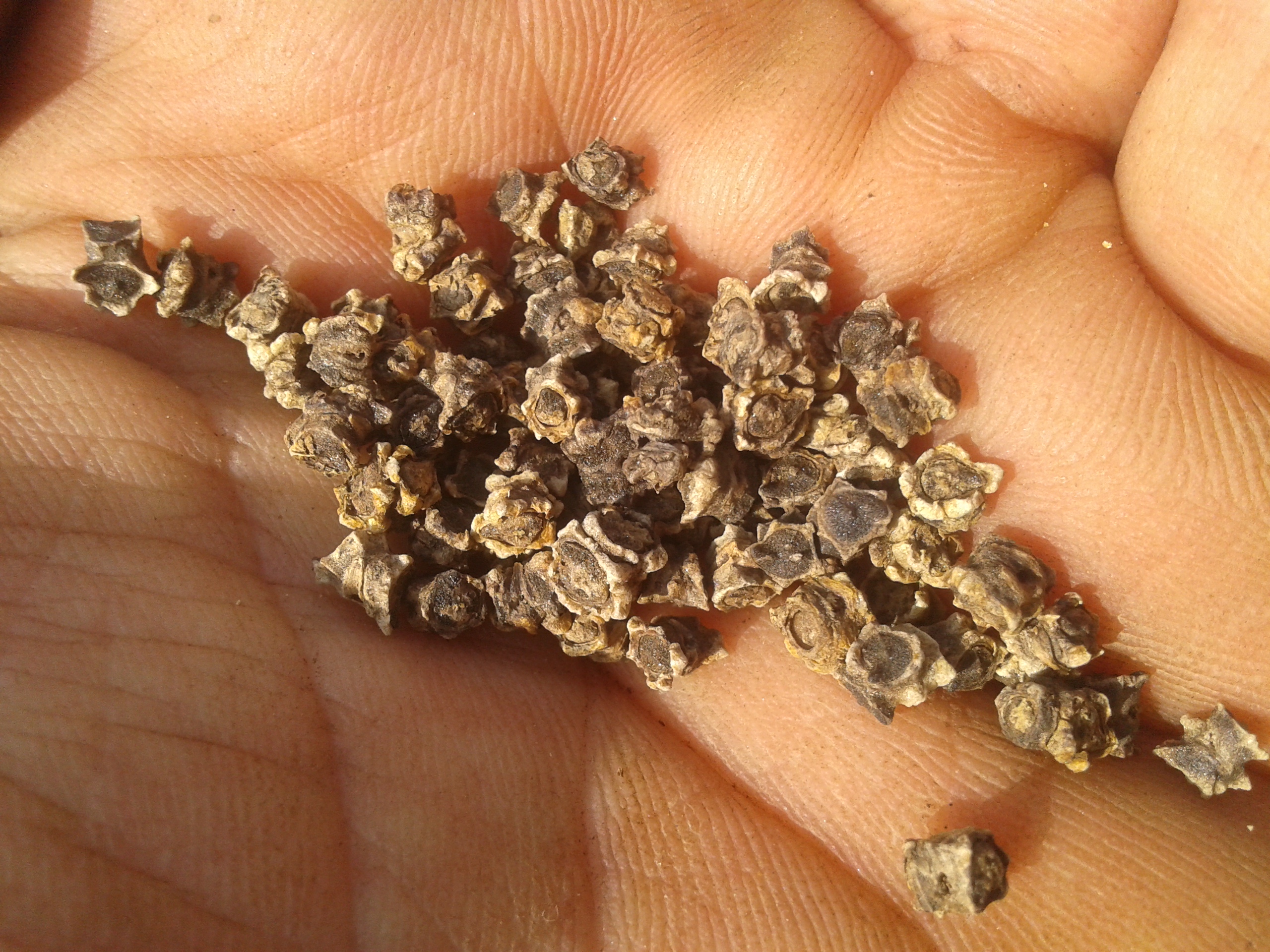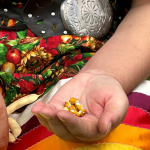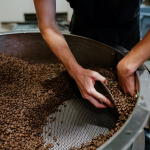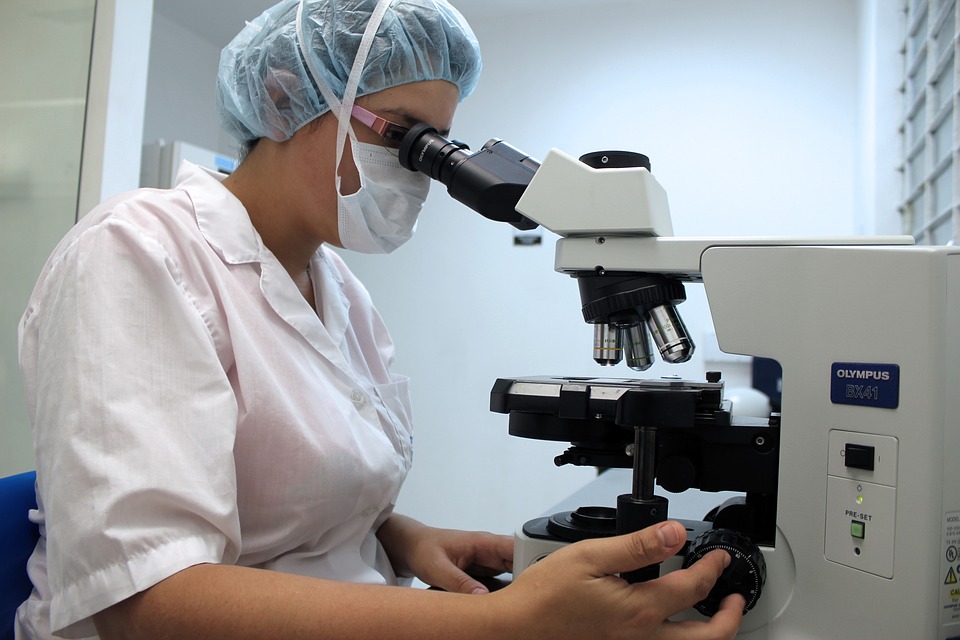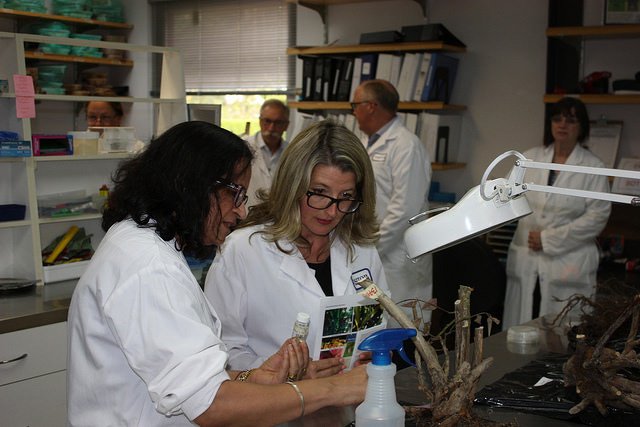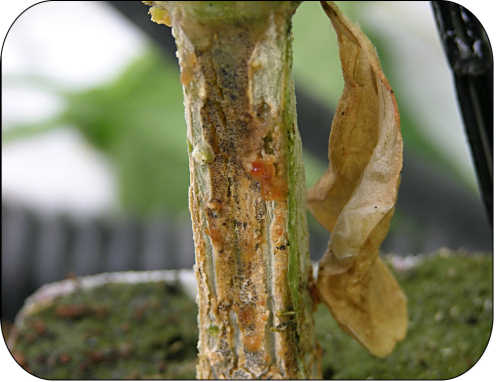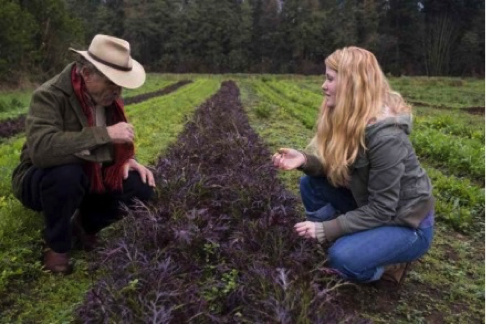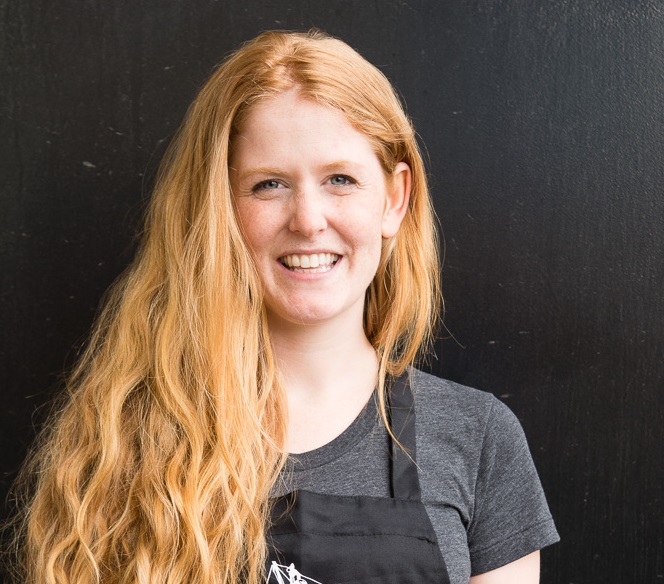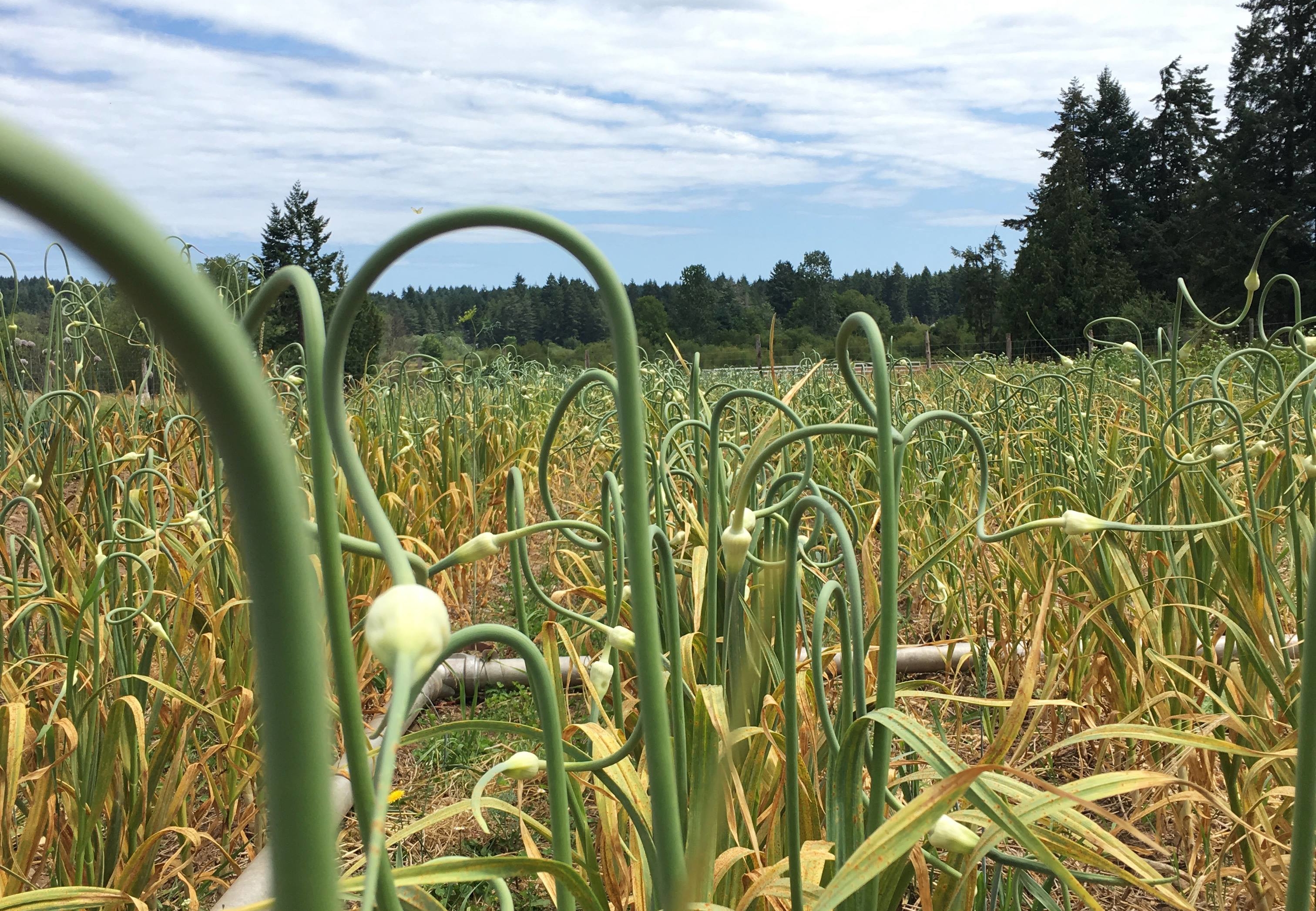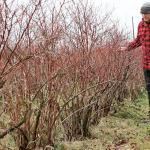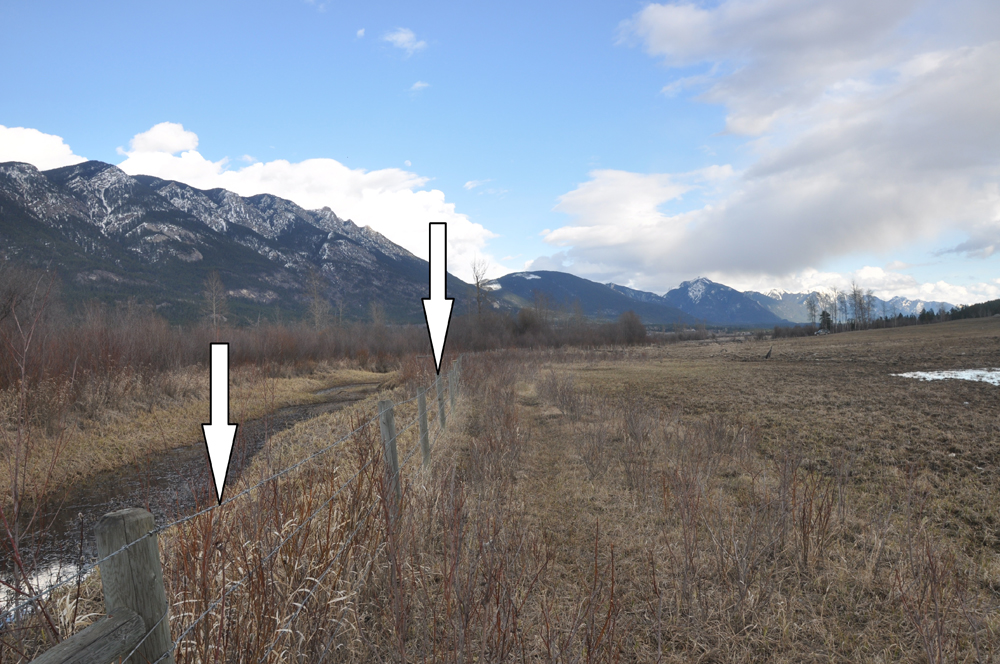Ask An Expert: Organic Certification Regulation
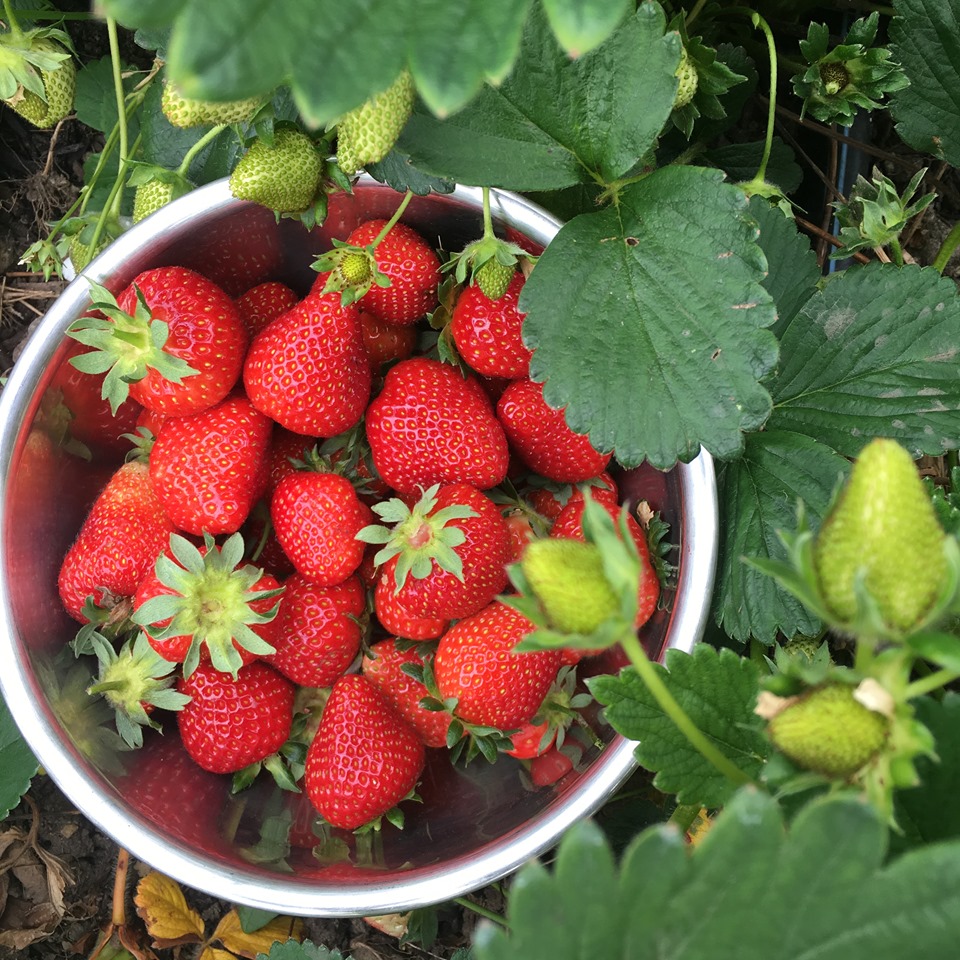
Emma Holmes
As many of you are aware, new Organic Certification Regulation came into effect in BC on September 1, 2018. The term “organic” is now a protected label within BC for agricultural products that have been produced or processed in BC and that can be assessed using the Canadian Organic Standard CAN/CGSB 32.310, 32.311 or 32.312.
Organic Certification Regulation is something the organic sector has been working towards for some time, and will significantly contribute to promoting and protecting consumer confidence in BC organic products.
What are the details?
The new regulation means that organic producers, processors, distributors, and others in the supply chain who use the ‘organic” protected label are expected to be able to provide proof of up-to-date certification upon request by a Ministry of Agriculture enforcement officer. Violations under the regulation will result in legal repercussions that could include tickets being issued ($350 fine) or court prosecutions against the seller.
You can find more information on the new regulation on the Organic Food and Beverage Policies page of the BC Ministry of Agriculture website. This webpage includes a “Guidelines for BC’s Organic Certification Regulation” document that provides specific examples of what activities organic certification is and is not required for.
How can I contribute to the strength of the BC Organic sector?
BC’s Organic Certification Regulation is enforced on a complaint basis so if you know of a business that is marketing their agricultural products using the organic label, but does not have certification, please let AgriServiceBC know.
AgriService BC can be reached by phone (1-888-221-7141) or email (AgriServiceBC@gov.bc.ca).
All complaints are strictly confidential and no personal details will ever be shared with the party in question or anyone beyond the enforcement team. Contact details are requested when lodging a complaint so that the enforcement team can follow up and provide details on the outcome of the file.
COABC recently published an article on how to lodge complaint and the link can be found in their April 2019 ENews.
How is it going so far?
The number of complaints were steady over the fall and winter and have been revving up in recent weeks. The Ministry enforcement team has been following up on all complaints promptly.
What we are seeing is that businesses are voluntarily complying with the regulation by removing organic claims from their products and marketing, and several are pursuing organic certification so they will be able to resume using the protected label organic in their marketing in the future. The goal of the regulation, to remove operators who are falsely marketing their products as organic from the marketplace, is being met.
Is there organic regulation in the rest of Canada?
Yes. Since 2009, federal regulations have required organic certification for any food or beverage products that bear an organic claim and cross a provincial or international border.
In 2006, Quebec was the first province to adopt and enforce provincial organic regulation for products produced, processed, and marketed within their provincial borders. Manitoba, New Brunswick, and Nova Scotia followed suit in 2013, 2014, and 2015 respectively. BC’s regulation came into effect on September 1, 2018 and on April 1, 2019 Alberta became the most recent province to adopt provincial organic regulation.
Questions?
Any questions or concerns about filing complaints or the Organic Certification Regulation in general can be directed to me at emma.holmes@gov.bc.ca or 250-241-2430.
Emma Holmes has a BSc in Sustainable Agriculture and an MSc in Soil Science, both from UBC. She farmed on Orcas Island and Salt Spring Island and is now the Organics Industry Specialist at the BC Ministry of Agriculture. She can be reached at: Emma.Holmes@gov.bc.ca


